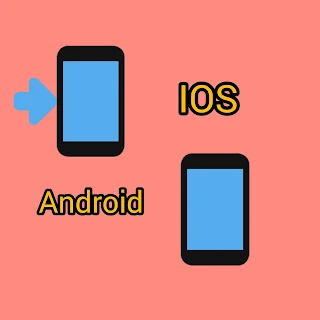Introduction:
When it comes to mobile operating systems, Android and iOS stand as the two giants in the industry. With a plethora of devices running on these platforms, users often find themselves debating the merits of Android versus iOS. In this article, we will explore various aspects of both operating systems, including user interface, customization, app ecosystem, security, and more, to help you make an informed decision.
User Interface:
Android and iOS have distinct user interfaces that cater to different preferences. Android offers a more customizable experience, allowing users to personalize their home screens, widgets, and app icons. On the other hand, iOS follows a more streamlined and consistent design, ensuring a seamless and user-friendly experience across all Apple devices.
Customization:
Android is renowned for its extensive customization options. Users can choose from a variety of home screen layouts, install custom launchers, and tweak system settings to suit their preferences. iOS, while more restrictive, provides customization options through widgets, app organization, and dynamic wallpapers. The degree of personalization is subjective and depends on the user's preference.
App Ecosystem:
Both Android and iOS boast vast app ecosystems, but there are key differences. Android's open-source nature allows for a more diverse range of apps, including those from third-party app stores. iOS, with its stringent app review process, ensures a curated selection of high-quality apps. Developers often release apps on iOS first, but Android users benefit from a wider array of choices.
Security:
Security is a critical aspect of any operating system. iOS is often praised for its stringent security measures, including app sandboxing and a closed app store ecosystem. Android has made significant strides in improving security, with regular updates and features like Google Play Protect. However, the open nature of Android makes it potentially more vulnerable to malware, especially if users install apps from untrusted sources.
Integration with Ecosystem:
iOS seamlessly integrates with the Apple ecosystem, offering a unified experience across devices like iPhones, iPads, Macs, and Apple Watches. Android, being more diverse with various manufacturers, may not provide the same level of integration. However, services like Google Drive, Gmail, and Google Photos offer a cohesive experience for Android users.
Updates and Fragmentation:
iOS updates are rolled out uniformly across all supported devices, ensuring timely access to new features and security patches. Android, on the other hand, faces challenges with fragmentation due to the multitude of device manufacturers. Some users may experience delays in receiving the latest updates, depending on their device and carrier.
Conclusion:
In the Android vs. iOS debate, there is no one-size-fits-all answer. Both operating systems have their strengths and weaknesses, catering to different user preferences. Android excels in customization and diversity, while iOS offers a seamless and secure ecosystem. Ultimately, the choice between Android and iOS boils down to personal preferences, device compatibility, and the user experience you value most.
Back To Homepage
Read more⬇
Free Download Princess and the Magic Dragon pdf. Kindly click below.






